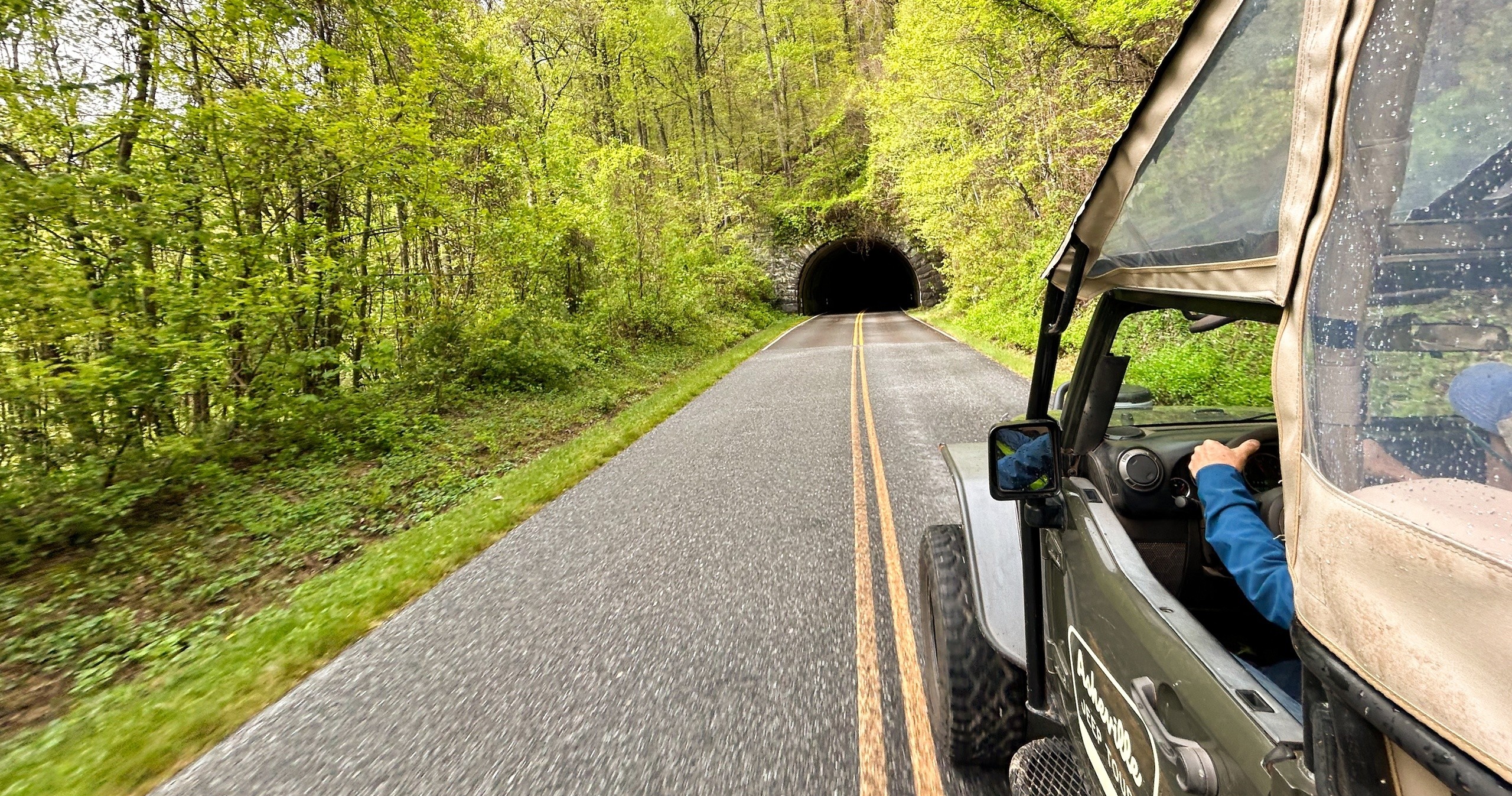Three Days, Three Trails: A Private Yoga-Hiking Immersion in Sedona’s Red Rocks
A three-day sequence of mindful movement and mellow miles through Sedona’s signature red rock country
At first light in Sedona, the sandstone wakes up before you do. The cliffs blush, the junipers loosen their resin into the air, and the wind slips along the buttes like a guide urging you forward. You meet your instructor at a trailhead where the path unfurls in red-rust ribbons and the day promises both movement and stillness. Three days. Three trails. Each one asks something different of your legs, your lungs, and your attention.
Trail Wisdom
Start at First Light
Beat heat and crowds by booking the earliest session. The low sun also gives the red rocks their richest color for photos.
Grip Matters on Slickrock
Wear trail shoes with sticky rubber; sandstone can be dusty and slick on steeper slabs, especially after light rain.
Hydrate and Electrolyte
Carry at least 1–2 liters of water per person and add electrolytes in warmer months to stay ahead of the desert’s dry air.
Respect the Living Crust
Stay on durable rock or marked trail to protect cryptobiotic soil and fragile desert plants.
Local Knowledge
Hidden Gems
- •Fay Canyon Arch spur—an unsigned detour to a tucked-away stone span
- •Baldwin Trail along Oak Creek—soft sand, cottonwoods, and Cathedral Rock reflections
Wildlife
Mule deer, Greater roadrunner
Conservation Note
Stay on marked trails to protect cryptobiotic soil and sensitive riparian areas. Pack out all waste—microtrash impacts desert species.
Sedona sits on the ancestral lands of the Yavapai-Apache peoples. The town was later named for Sedona Schnebly, whose family helped establish the community in the early 1900s.
Seasonal Guide
spring
Best for: Wildflowers, Mild temperatures
Challenges: Windy afternoons, Busy weekends
March–May brings ideal hiking temps and blooming desert marigold. Start early for solitude and softer light.
summer
Best for: Early sunrise sessions, Creekside shade
Challenges: High heat, Monsoon lightning
June–August demands dawn starts, ample water, and weather awareness. Expect afternoon storms July–September.
fall
Best for: Golden cottonwoods, Stable weather
Challenges: Shorter daylight, High demand
September–November is prime: crisp mornings, warm afternoons, glowing creek corridors. Book ahead for weekends.
winter
Best for: Quiet trails, Snow-dusted vistas
Challenges: Icy patches, Cold mornings
December–February can be serene. Bring layers and traction if recent storms have iced shaded sections.
Photographer's Notes
What to Bring
Lightweight Trail Shoes with Good TractionEssential
Slickrock and dusty steps reward a grippy sole for confidence on short steeps.
2-Liter Hydration System or BottlesEssential
Reliable hydration is key in Sedona’s dry air, especially on warm days.
Wide-Brim Hat and UPF LayerEssential
Sun exposure comes early and often; cover up without overheating.
Light Yoga Towel
Mats are provided, but a towel adds a personal, quick-dry layer on sandstone.
Common Questions
Do I need prior yoga or hiking experience?
No. The guide customizes pace and poses for all levels, from first-timers to experienced practitioners.
How long and how far is each session?
Plan for roughly 3 hours and 3–4 miles per day across three consecutive days.
Are yoga mats provided?
Yes. Complimentary yoga mat rentals are included; bring an optional towel if you prefer.
What about weather and monsoon season?
In summer, sessions start early to avoid heat and storms. Lightning or unsafe conditions may prompt rescheduling.
Will I need a Red Rock Pass for parking?
Many Sedona trailheads require a Red Rock Pass or America the Beautiful pass. Your guide will advise the exact trailhead requirements.
Can couples or small groups book together?
Yes. The experience is private and can be tailored to solo travelers, couples, or small groups.
What to Pack
1) 2L of water per person—desert air is deceptively drying. 2) Grippy trail shoes—sandy sandstone can be slick. 3) Sun armor: brimmed hat, sunglasses, SPF 30+—little shade on slickrock. 4) Light layers—mornings start cool, then warm quickly.
Did You Know
Sedona’s vivid red color comes from iron oxide staining in the Schnebly Hill Formation, a Permian-era sandstone deposited roughly 275 million years ago.
Quick Travel Tips
Arrive 15–20 minutes early to secure parking; many lots fill by mid-morning. Buy a Red Rock Pass at kiosks if required. In summer, plan dawn sessions to avoid heat and monsoon lightning. Make dinner reservations in advance—Sedona restaurants book up quickly.
Local Flavor
Post-hike, refuel at Elote Café for standout Southwestern plates or grab a patio table at The Hudson for views with your meal. For a casual pint, Sedona Beer Company pours small-batch ales near uptown. Morning coffee and pastries at Creekside Coffee will ease you into day two.
Logistics Snapshot
Closest major airport: Phoenix Sky Harbor (PHX), ~2 hours by car. Trailheads are 10–25 minutes from central Sedona. Cell service is spotty in canyons; download maps offline. Parking at many trailheads requires a Red Rock Pass or America the Beautiful pass—check signage.
Sustainability Note
Sedona’s high desert is fragile—stay on durable surfaces, pack out all trash, and avoid stepping on cryptobiotic soil. Keep noise low and wildlife wild by observing from a distance and never feeding animals.
Continue Reading

Blue Ridge Parkway by Jeep: Asheville’s Big-View Drive Without the Footslog
Trade trail dust for ridge-line views on a guided Blue Ridge Parkway Jeep tour out of Asheville. Over 3–4 unhurried hours, hop between classic overlooks, craft stops, and story-rich vistas—no hiking boots required.
Asheville, North Carolina

Into the Lower Canyon: 6.5 Days Oaring the Colorado’s Big Water
Start before dawn on the South Rim, hike 9.5 miles to the Colorado, and settle into six and a half days of oar-powered whitewater, side canyons, and starlit camps. This Lower Canyon journey pairs big water with smart logistics—and ends in a helicopter lift out of the heart of the Grand Canyon.
Grand Canyon Village, Arizona
